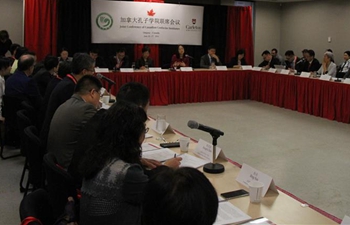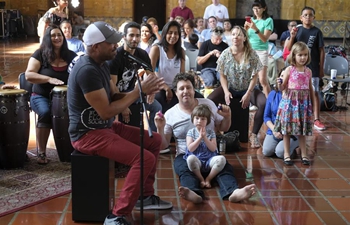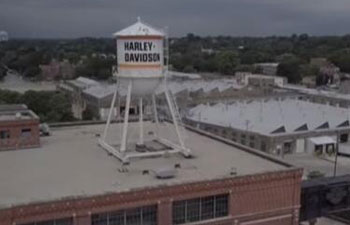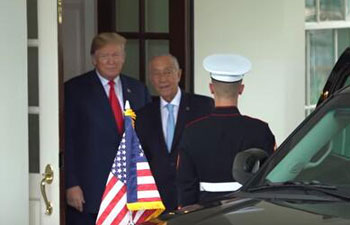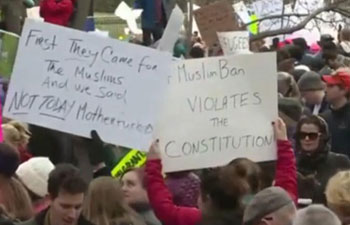MEXICO CITY, June 28 (Xinhua) -- Mexico's presidential elections have entered the homestretch, with voters set to go to the polls on Sunday to elect a successor to President Enrique Pena Nieto.
Mexico's 89 million eligible voters will also elect the head of Mexico City, eight governors, 16 mayors, and national and local legislators, according to the National Electoral Institute (INE).
One of the world's longest campaign seasons kicked off in September 2017, beginning a violence-marred pre-election period that has seen at least 120 candidates or potential candidates killed nationwide, according to a highly cited report by Etellekt, a risk analysis firm.
"Since the start of the electoral process on Sept. 8 and up to June 16, a total of 120 political assassinations were registered in the country, and another 351 assassinations against non-elected officials," the firm said in a report on political violence released on June 18.
Political observer and elections expert Enrique Villarreal believed Mexico's drug violence is to blame for the political assassinations.
"In this process, the most relevant thing has been the violence ... as organized crime has been orchestrating these types of actions to pressure candidates and politicians to do what they say," Villarreal told Xinhua.
Villareal, also a professor of political and social sciences at Mexico's National Autonomous University (UNAM), said he expected Sunday's polling to be marked by tension and more violence in drug-trafficking hotspots, since "we have experienced a violent electoral process."
The violence "will be focalized ... it will be pronounced in certain places, but it won't be significant enough to threaten or cancel the elections," he said.
Presidential spokesman Eduardo Sanchez on Tuesday said the federal government will work with state and local authorities "to guarantee security" so people can go out and vote.
Leading the presidential race is progressive left-of-center candidate Andres Manuel Lopez Obrador, who polls show has a commanding 25-point lead over his next closest rival.
In the second place is the conservative candidate Ricardo Anaya, of the National Action Party (PAN), followed by the candidate of the ruling center-right Institutional Revolutionary Party (PRI) Jose Antonio Meade, and independent candidate and former Nuevo Leon state governor Jaime "El Bronco" Rodriguez.
The PRI governed Mexico for 70 consecutive years until it lost to the PAN in 2000. It was voted back into power in 2012, in the wake of the PAN's failed war on drugs, which only fueled violence by deploying the army to fight the drug cartels.
Lopez Obrador and his National Regeneration Movement (Morena) blamed the country's drug problem on corruption and poverty, saying greater spending on education and the poor can help diminish the power of organized crime.
Election results will not be available until Monday, according to the INE, but whoever wins has several tough challenges ahead, including combating Mexico's rampant violence and entrenched corruption, and dealing with an increasingly hostile U.S. administration.
"The situation will be very difficult for the next government and the best thing that could happen is for the situation not to get worse," said Villareal.
"Guaranteeing the governability of the country, should be the first task, especially with the progressive candidate poised to unseat the long-ruling PRI," he said.
Villareal declined to predict the outcome of the presidential race, saying "anything can happen, like it did in the United States. No one thought Republican Donald Trump was going to win. We have to await the results and in the end it will be the electorate that decides."








